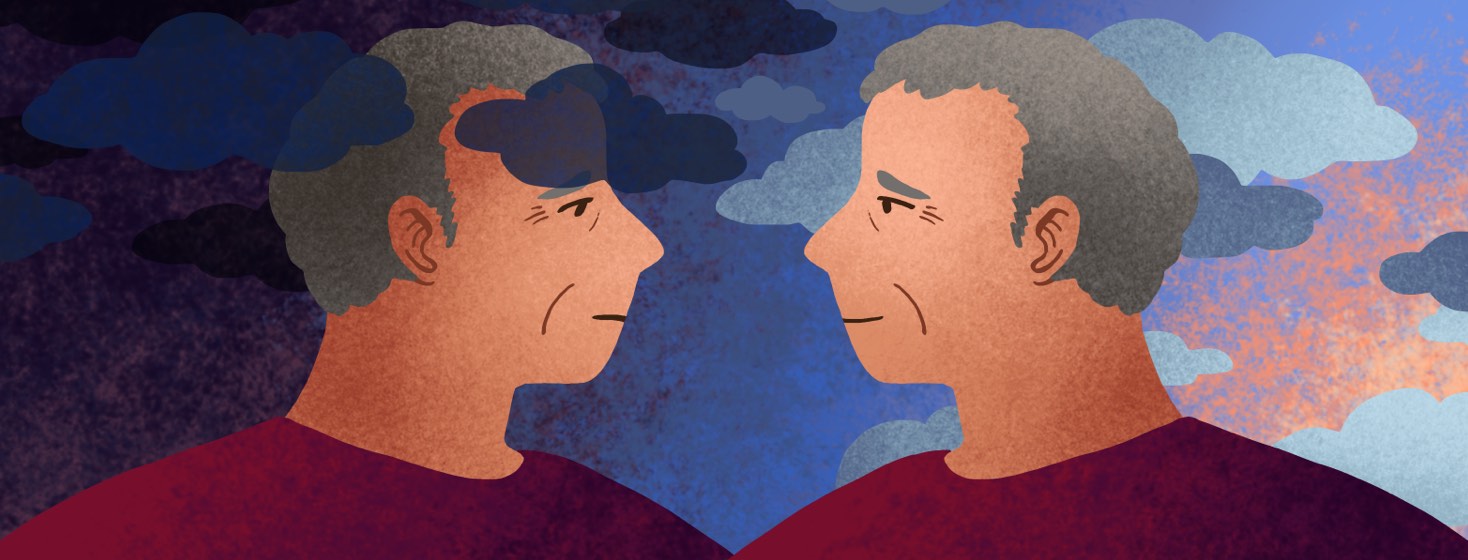Handling My Emotions After a Sleep Apnea Diagnosis
Whenever you’re diagnosed with a health condition, whether it’s sleep apnea, cancer, diabetes, or any other health problems, you’re going to go through some severe emotions. Here’s how I handled my emotions after my sleep apnea diagnosis.
Battling with my sleep
Five years ago, I used to wake up and feel very tired. I would often have bad headaches, and I would fall asleep writing articles before lunch. I knew something was off, but I dismissed it as being in my late 40s, and the age factor.
I spent many nights on the couch as my heavy snoring kept my wife up at night. I would fight to stay awake after dinner. In fact, staying awake and feeling refreshed was a constant battle.
Handling my emotions after diagnosis
A trip to the doctor told me what I already knew and that I had a medical issue. A sleep test at home confirmed I had moderate sleep apnea, and I was devastated.
When I went to see a sleep provider, I shuddered at all the masks and contraptions she showed me. I had to wear this? No way.
I took my new continuous positive airway pressure (CPAP) machine home and felt so defeated. I truly felt like my life was over. Handling my emotions after the diagnosis was difficult for me.
Using my CPAP for the first time
I tried on my mask before bed and instantly threw it on the floor. It felt so hot and the plastic smell wasn’t that pleasant.
I struggled big-time that first night and for the next week. I wanted to quit. How could I do it?
Struggling with self defeat
I struggled with my mask and kept telling myself I couldn’t do this. I didn’t want to wear the thing, it didn’t feel right.
I got pretty depressed about it and began to feel defeated. I reached for a few more beers than I normally would. My life was over.
Joining a community helped my emotions
Later, I joined a sleep apnea community and as a writer, I started writing about my condition. This helped me a great deal with my emotions. There were other people out there that suffered as I did.
I read some remarkable stories about others that have sleep apnea. I read about the struggles with masks and the emotions. It was inspiring. I felt a new sense of purpose and I started wearing my mask more often.
I wore my mask because I knew in the back of my mind it would make me feel better, and it did.
Using my mask more helped my mood
As I used my mask more, my mood changed, and I looked forward to the days ahead. I could write without feeling tired. My headaches went away. I could watch a movie with my wife and not fall asleep.
I started using my mask more often and made sure I didn’t miss a day. I read more about sleep apnea and continued writing articles about my experiences. I made wearing my mask a habit and haven’t looked back since.
Cursing my mask, but CPAP works!
I still don’t like my mask and all the hoses. It’s not the most comfortable thing, and I curse it some days. Despite all of this, I feel so much better. I gave CPAP therapy a chance to work, and it’s worked for me.
Dealing with emotions after diagnosis
It was community and writing about my experiences that helped me deal with my emotions. Now, I write a lot about sleep apnea so I can connect with others that have this condition.
You’ll make it through the bad days as I did. Give it a chance. It will change your life.
Tell us how you handled your emotions after a sleep apnea diagnosis. Please share a comment.

Join the conversation